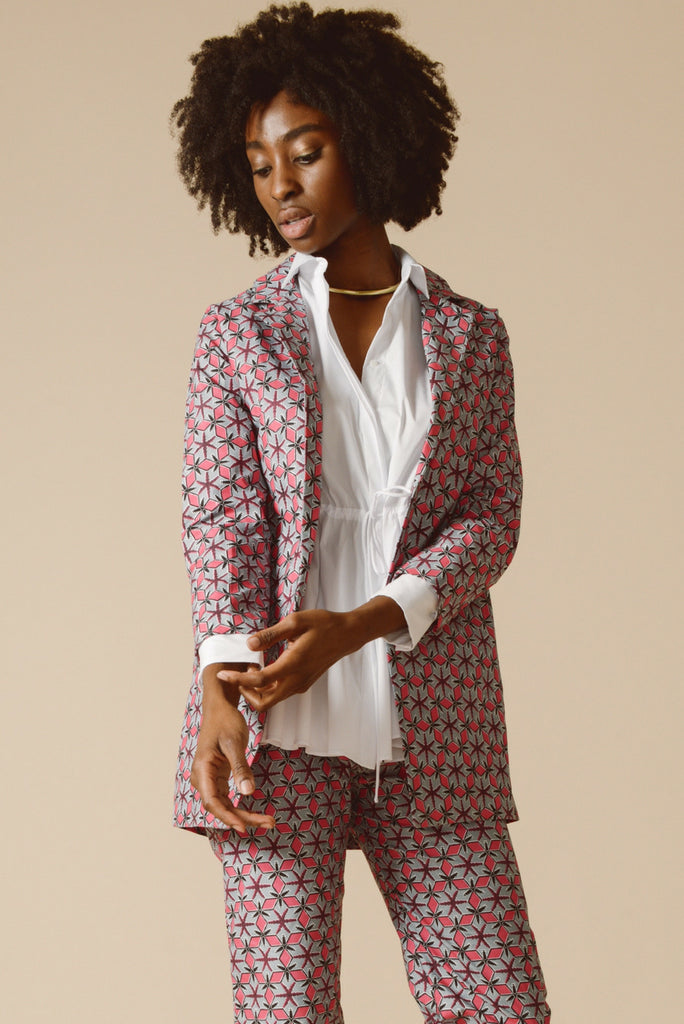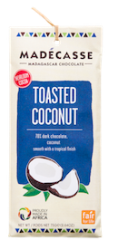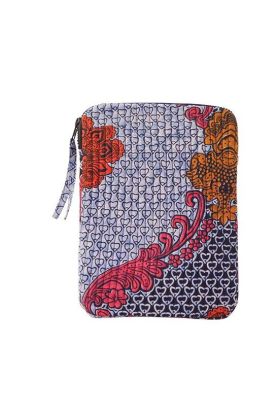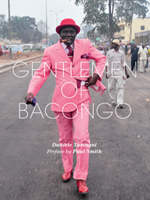It’s Friday and after a long and busy week at the offices, the PMIA team is looking forward to relaxing for the weekend (and maybe doing a little partying too!)
It’s also Black Friday, a day on which it is estimated £1.74 million will be spent EVERY MINUTE by consumers in the U.K. alone. Over £700 million had been spent before 9am this morning. That’s a fairly whopper figure.
It’s great news for retailers, and the ‘Black Friday’ culture of discounts and promotions is great news for all of us seeking Christmas shopping bargains. However, the garments industry is the second most polluting industry in the world (after extractives) and one in which human rights violations are all too rife (for example, consider the now infamous tragedy of the Rana Plaza factory collapse in Bangladesh in 2013, when over 1100 people died, or more recently, the scandal of unpaid workers in the Zara supply chain in Turkey earlier this month) – therefore, the spike in consumption around Black Friday may not be great news for the people employed to make the clothes, footwear, jewellery and accessories filling shopping bags across the world today. But the good news is consumers like you and I – with our collective purse – have more power than we think to change these stark realities of the fashion industry.
I’ve been following the debate in recent days about the benefits, or otherwise, of this global spending spree, which verges on hysteria all too often become fiercely destructive (we’ve all heard the horror stories of department store stampedes in the US) and never more so than on this day is the critique of the ‘fast fashion’ phenomenon so relevant or so necessary (for further reading see: Ethical Fashion Forum’s newsletter and The Huffington Post among others). I’m not going to ask anyone NOT to shop today, or any other day for that matter. I love a bargain as much as anyone, and I must admit my mind is already on my own Christmas shopping list.
Instead, I simply remind you that it is worth thinking about the power of your pound. As Anna Lappé said in 2003: “Every time you spend money, you are casting a vote for the kind of world you want.” So consider not only design and discounts as you spend this weekend, but take a moment to contemplate the potential damage done in the course of producing much of the merchandise you see on shop shelves across the world. Choose, instead, to spend your hard earned dollar on “ethical” products that will not only enrich your life, but have also enriched the lives of those involved in making them. Win-win. It’s a no-brainer, really.
At Proudly Made in Africa, we work with manufacturers and producers all across Sub-Saharan Africa,

Mayamiko, ethically made in Malawi
who are committed not only to providing gorgeous, high quality apparel and accessories to global consumers, but who pride themselves on their positive social impact – from skills training to providing education for street children and a whole host of other programmes. We can proudly recommend these brands for the good they do with their employees and in their communities. (And some of them even have super Black Friday deals!) Check out a selection of some of our favourite fashions currently coming out of Africa’s growing ‘responsible fashion’ industry:
Enzi Footwear, mens’ and ladies’ trainers, handmade in Ethiopia.
Khama, made in Malawi and available from ethical online store Birdsong,
Soul of Africa footwear
Mayamiko, fairly made ladies’ fashion from all over the world, mostly produced in Malawi
STUNNING Maasai Colour handbags from Kenya
Lulea – impeccably handcrafted leather handbags come from this Kenyan social enterprise, the most recent project from the stable of world-renowned French leather craftsman, Edmond Chesneau.
The African Shirt Company – for funky tailored shorts, fairly-made in Kenya
And the perfect festive stocking filler this festive season – new and exclusive MIA chocolate, direct from Madagascar and available in six divine flavours.
£10.1 billion will be spent in retail stores across the U.K. this week, and globally that figure will be far far higher. AND an immense 30% of all purchases for this entire year will take place between today and Christmas Eve. The collective voice of consumers will never be as loud as it is during this time. So if you join the Black Friday hordes, as I will be doing this evening (online, obviously, because it’s Friday and my couch is calling me) – spend, but spend wisely.
‘Tis the Season to think ethical.
Claire Lynch, Head of Operations, PMIA


























